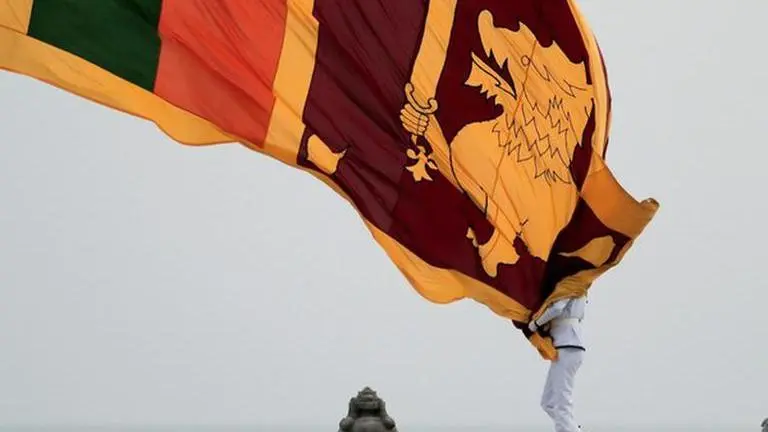Updated 28 June 2022 at 21:48 IST
Sri Lanka crisis: Opposition announces 'street battles' demanding change of government
Sri Lanka's opposition against Ranil Wickremesinghe has warned that it will hit the streets, if the government does not step down following the crisis.
- World News
- 2 min read

Amidst Sri Lanka’s worst economic crisis since Independence, opposition party Samagi Jana Balawegaya has warned that it will hit the streets if its demands aren’t fulfilled. The party is demanding a change of government.
Samagi Jana Balawegaya national organizer of Tisa Attanayake on Monday announced that his party will launch “Street Battles” against the government and called for a joint opposition against the struggles caused by the present administration.
"The Rajapaksa - Wickremessinghe government will not remain in power for long," Attanayake said, as per a report by The Daily Mirror. He added, "People have been pushed to an even more difficult situation with the fifth fuel price hike for the year."
Recently, Ranil Wickremesinghe, the prime minister, limited the supply of fuel to only essential services. Fuel will now not be available to the general population till July 10 to deal with the fuel supply crisis in the country.
Attanayake asserted that the government has failed to control the economic crisis in the country and the cost of living has seen a spike of 150%. The Samgi Trade Union Alliance's spokesperson, Ananda Palitha, stated that there was an effort to permit private sector companies to import and distribute fuel as well as sell more than 1000 filling stations owned by Ceylon Petroleum Corporation. SJB Organizer for Colombo North CYP Ram said that many industries have been impacted by the power crisis
Advertisement
Sri Lanka crisis
The worst economic downturn in Sri Lanka since gaining independence in 1948 has resulted in a severe lack of basic necessities like food, medication, cooking gas, and gasoline throughout the island nation. The nation, which experienced a severe foreign currency crisis that led to a default on foreign debt, said in April that it would postpone paying back nearly 7 billion USD of its around 25 billion USD in outstanding foreign debt till 2026.
Particularly affected by the economic crises are food security, agriculture, livelihoods, and access to healthcare. Due to a lack of seeds, fertilizer, gasoline, and finance, food output during the most recent harvest season fell 40 to 50% from the previous year.
Advertisement
(With inputs from PTI/ANI)
Published By : Alisha Upadhyay
Published On: 28 June 2022 at 21:46 IST
